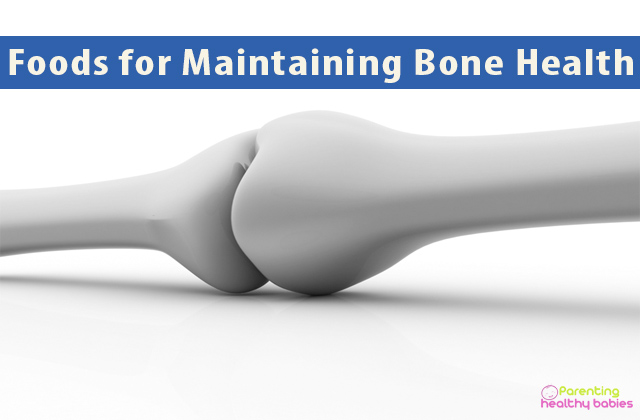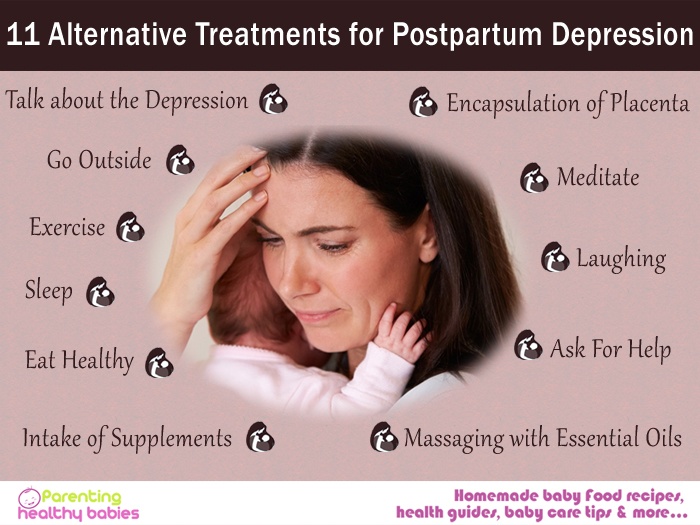Bone health care is similar to that of the skin and teeth. You need to invest in it during the first years of life. When it comes to the formation of strong bones, there are two essential nutrients: calcium and vitamin D. Calcium supports the bones and structure of the teeth, while vitamin D improves the absorption of calcium and bone growth.
It should be kept in mind that our bones are formed from two ingredients: calcium phosphate salts for hardness (65%) and collagen matrix for flexibility (35%). In addition, additional nutrients such as magnesium, phosphorus, boron, copper, manganese, zinc, vitamin C, D, K, B6 and folic acid (B9) are required to build a strong skeleton.
Bone Health and Prevent Bone Loss: Top 21 Natural Ways
Foods for maintaining your bone health and Prevent bone loss
Incorporating healthy habits, such as having a healthy and balanced diet that includes calcium and sufficient vitamin D intake, can help us maintain adequate bone mass during adulthood.
Below mentioned are 21 foods for maintaining your bone health and prevent bone loss.
Dairy products
Dairy products help maintain healthy blood pressure and blood cells, generate energy, maintain nerve tissue function, promote healthy immunity and promote good vision and skin. In addition, dairy products such as yogurt and cheese are easy to find in grocery stores and can be added to most meals and snacks.
Tofu
Tofu helps prevent breast cancer, osteoporosis, and cardiovascular disease. Made from soybeans, tofu can be an excellent source of calcium if you are lactose intolerant or have a vegetarian or vegan diet. A half cup of tofu can provide as much as 250 mg of calcium with very few calories.
Bluefish and cod liver oil
This vitamin is important to increase bone mass because it promotes the absorption of calcium helping to maintain an adequate level of this mineral in the blood. Bluefish, eggs, butter or liver are especially indicated for people with bone problems for their contribution of vitamin D. However, the star food is the cod liver oil since for each tablespoon you get 450 IU.
Nuts
The nuts are very good for bones because of their high calcium content. They are the perfect substitutes for dairy products, ideal for people who are lactose intolerant. The nuts reinforce the bones, favor their growth and prevent osteoporosis. They avoid degenerative diseases thanks to the vitamins B, E, iron, phosphorus, potassium, and selenium they contain. The trace elements of nuts, such as hazelnuts, reduce the risk of arteriosclerosis and are good for arthritis because of its Omega 3 content.
Tahini
Tahini or tahini provides 5 grams of protein and essential nutrients such as iron, magnesium, zinc and folic acid. Tahini is a paste rich in calcium from roasted sesame seeds. Two tablespoons of sesame paste have about 125 mg of calcium, similar to calcium found in about half a cup of milk.
Legumes
Like vitamin D, lack of phosphorus affects the absorption of calcium, causing the demineralization of bones. The foods that best balance the contribution of phosphorus are all those rich in proteins, such legumes.
Silica
Silica is an unknown mineral, but it can be found in leeks, green beans, chickpeas, strawberries, cucumber, mango, etc. There is evidence that silica plays an important role in bone formation and bone health.
Spinach
Its properties are many. Spinach is a source of vitamin K, which helps us retain calcium from bones. They also contain proteins and other minerals such as magnesium, zinc, and phosphorus, which help us to have strong bones. Ideal to prevent osteoporosis, eating spinach also helps keep our teeth and nails healthy.
Spinach also contains vitamin A, folic acid, vitamin C, vitamin B2, potassium and vitamin B6. In addition to being a source of omega-3 fatty acids. They contain flavonoids, which act as antioxidants protecting us from free radicals. They contain a lot of iron, important for children of growing age and for menstruating women.
Sardines
Sardines have omega-3 fatty acids that reduce the risk of heart disease, cancer, and arthritis and promote brain function of memory. We all know that fish is good for bones and brain health, but three ounces of sardines have approximately 325 mg of calcium. Just be careful, as many of the canned fish products often contain too much salt.
Fortified cereals
Fortified cereals are a good source of fiber, prevent and relieve constipation, help maintain a healthy weight and reduce the risk of heart disease and diabetes. Although it is not common to think that it is an important source of calcium, many kinds of cereal today are fortified with calcium and other essential nutrients for optimal health.
Soy milk
The best of soy milk are essential fatty acids, proteins, fiber, vitamins, and minerals. Soy milk is a great option for people with lactose intolerance since soy contains phytoestrogens, which promote the absorption of calcium in the body to prevent the loss of bone mass.
Salmon
Salmon is one of the healthiest foods. Its high amount of vitamin D helps us to have stronger bones. Rich in proteins and omega-3 essential fatty acids, it helps reduce cholesterol levels and fight hypertension. It provides 11 grams of good fats per 100 grams. It contains vitamin B12, B6, calcium, magnesium, and selenium, which help the proper functioning of the thyroid and intestine. It also improves joint pains and reduces diseases such as diabetes or arthritis. Because of its vitamin A content it helps fight infections and repair muscle tissues too.
Vegetables
Green leafy vegetables are good sources of folic acid, vitamin K, and other nutrients needed to strengthen bones. Vegetables such as broccoli, kale, etc. They are easily absorbed by our bodies.
Brussels sprouts
Vitamin K is found in dark green leafy vegetables like Brussels sprouts. Lettuce, parsley, avocado, kiwis and some vegetable oils also contain this vitamin. To supplement the recommended daily amounts of this vitamin, it will be enough to consume two tablespoons of parsley or olive oil, which have considerable quantities.
Kale
Kale is a vegetable of the broccoli family and cauliflower. Being one of the most nutritious is very good for our health. It is rich in vitamin K, necessary to strengthen the composition of bones, in addition to preventing diseases such as arteriosclerosis and heart attacks. It is rich in vitamin A and C, helps maintain the immune system. Because of its omega-3 content, it also prevents arthritis, asthma and protects our immune system.
Yolk
The yolk is an important source of vitamins and minerals. It is in the yolk where all the nutrients of the egg are found. It contains vitamins A, E, D, B12, B6, B2, B1 and folic acid. The egg yolk is a very good food for bones, since it contains vitamin D naturally, as well as being rich in iron, phosphorus, magnesium, and potassium.
Although it has a bad reputation because it contains cholesterol, it does not affect healthy people, because the egg yolk contains lectin, a substance that prevents cholesterol from being completely absorbed by the body. The lectin is also a powerful protector of the heart.
Juices enriched with calcium
It is a good source of vitamin C, necessary for the growth and repair of tissues and to avoid damage of free radicals in the body. In addition, there are juices made with calcium infusion that provide an additional amount of nutrients.
Dates
Dates are rich in antioxidants, such as vitamins A, C, and E, and they also contain B vitamins. Rich in minerals, especially magnesium and potassium, they are very good for strengthening bones and fighting diseases such as osteoporosis. It is recommended to eat dates so that the bones do not weaken. They also contain vitamin K, thiamine, riboflavin, niacin and folic acid. They are a source of energy because they contain natural sugars such as glucose, fructose, and sucrose.
Kiwi
Kiwi is a fruit rich in antioxidants and vitamin C (98 mg per 100 g, more than double that of oranges and lemons). Rich in minerals such as potassium, magnesium, and copper, it improves bone development and also makes nerves, muscles, and organs work properly.
Eat a kiwi a day gives us the daily amount of vitamin C we need and helps us keep our cells young, in addition to avoiding colds and raise our defenses. Due to its content of vitamin E and omega-3 and omega-6 fatty acids, it improves blood circulation and protects us against thrombosis and heart attacks.
Orange juice
The orange is the citric one that contains more calcium, in addition to contributing phosphorus and magnesium, essential for the formation and health of the bones.
Taking orange promotes bone formation, protects the skeleton and prevents osteoporosis.
Zinc
Zinc, a mineral found in chestnuts and chocolate, can also help maintain the health of your bones. Zinc has a stimulating effect on bone formation and can be very useful to prevent osteoporosis.
The foods that help the bones are not important only early in life, but they can also help with age. If you develop osteoporosis, a disease characterized by fragile bones, getting enough calcium and vitamin D can delay the disease and prevent fractures.
References
http://www.health.com/health/gallery/0,,20365458,00.html
https://www.healthline.com/nutrition/15-calcium-rich-foods#section12













